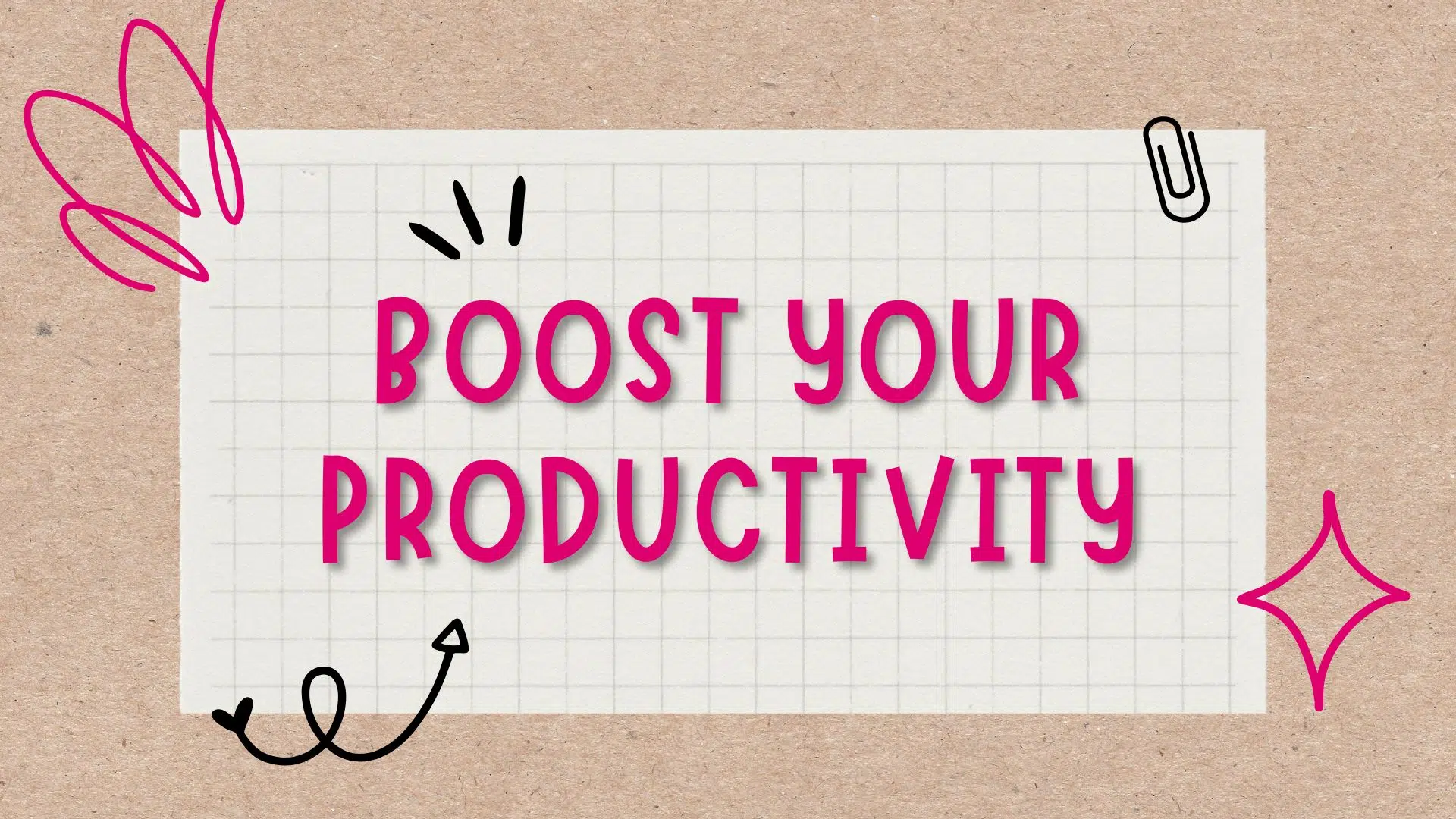Why you need to ditch perfectionism and embrace failure!
Everyone wants to be successful, but there’s a difference between working hard and striving for perfection. When we’re too focused on getting everything right, it can harm our productivity levels; and when we’re less productive, it’s easy to feel worn out or exhausted every day. We may also end up stuck in a career rut because we think that “doing more” is the answer when really what we need is just “to do something different.”
If this sounds like you, read on. Here is how ditching perfectionism and embracing failure can help you get back on track again!
Strive for ‘done,’ rather than perfect
While it may sound strange to say that you should be aiming for ‘good enough’ rather than perfect, there is a reason for it.
If you’re experiencing burnout or you’re feeling lost in your work, striving for ‘perfect’ is only going to put more unnecessary pressure on yourself. Studies have shown that perfectionism actually tends to result in less productive work too, so just focus on getting the work done for a while (at least until you’re more in control of your workload).
If you do this, you’ll soon see that your quality of work won’t drop as drastically as you first thought AND you’ll see continued growth and progress again. Why? Because when you ditch perfectionism, you make room for improvement and growth.
Only take on what you can manage
You may think that you have to do it all, but you don’t. At least not all at the same time. When we try to do everything, we end up doing a lot of things badly.
It’s hard to see when we’re overpromising, especially when we have our own ideas of what we should be able to handle, so try to be easier on yourself. If you see ‘not being able to juggle too many balls at once’ as a failure, then reframe it! Your strength maybe time management and prioritisation instead (which still means that you can juggle multiple things, just over a more reasonable period of time).
Start managing your own diary and let clients know when they can expect their work to be done. You’ll find that most clients can wait for their work and you’ll have more time and space to do a better job.
Delegate and learn to say ‘no’
Delegating low-value tasks isn’t a failure (remember, you don’t have to do everything yourself). The same goes for saying ‘no’ once in a while. In fact, it’s encouraged. If these are fears of yours, then it’s time to embrace them.
Knowing how much you can take on and letting go of control are two very difficult things to master. When you do, however, you will see significant changes in your productivity and quality of work.
Silence that inner voice
We all have that negative inner voice that criticises us, and it is this voice that forces us to seek perfection. As we mentioned previously, always striving for perfection decreases productivity, and when we are less productive, we feel like we are failing and our inner voice just keeps piling on. It’s a whole negative spiral.
So what can we do to rectify this?
First, accept that you don’t have to always be working at 110%. And if you’re not, it doesn’t mean that you’re not working hard enough. Everybody works differently and that’s okay, so stop being too hard on yourself.
Secondly, ignore that voice in your head and accept that it is okay to be human. Some days, you won’t be able to work as hard and that’s fine. Not pushing yourself too much on those days will ensure that you avoid burnout and will ensure your productivity in the long run.
And lastly, if you’re afraid of failure or limitations, embrace them anyway. Mistakes and obstacles are the keys to innovation, so these are the moments where you have the opportunity to learn and grow the most.



